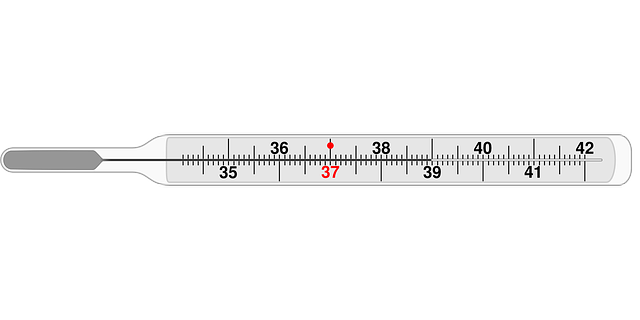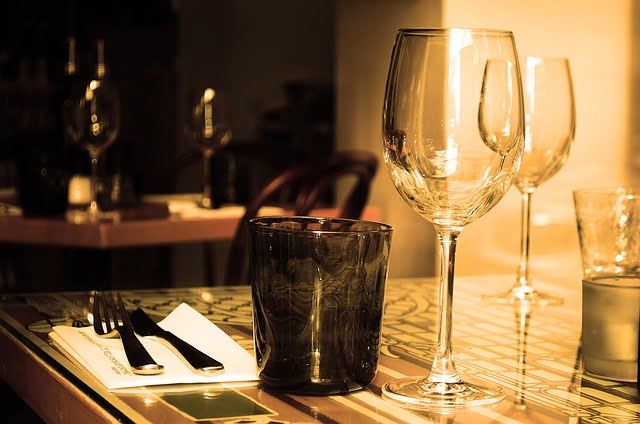Viajando por Perú (Parte Dos)
Después de un mes en Lima, viajamos a Santiago de Chile (After one month in Lima, we traveled to Santiago Chile). You can read all about our month in la capital peruana (the Peruvian capital) in Parte Uno. In Parte Dos, I’ll talk about our return to Peru after traveling around Chile and experiencing Carnaval in Brazil.
Regresando a Perú
Durante ese mes en Lima, tuve que trabajar y estudiar mucho (During that month in Lima, I had to work and study a lot). Most days, I was up at 5AM to enseñar ingles (teach English). You see, I used to teach English in China but decided to take my job on the road by becoming an online teacher. It’s great, but the hours are pretty rough due to la diferencia horaria (the time difference).
Después de mis clases de inglés, tuve que ir a la clase de español (After my English classes, I had to go to Spanish class). Factor in working out and finding time to blog, and it was a pretty tiring month!
It was alright, though, because we planned to return to Peru all along. After all, we couldn’t spend that much time in South America and not go to Machu Picchu! Viajamos por tierra desde el desierto de Atacama hasta Lima con muchas paradas (We traveled by land from the Atacama Desert to Lima with many stops).
I’ve done a lot of traveling but I can honestly say this was one of the best trips ever. The other worldly landscapes between the Atacama Desert and Salar de Uyuni (the Salt Flats in Bolivia) was amazing. We really enjoyed traveling in Bolivia, but I’ll save that for another post!
El Lago Titicaca
Our last stop in Bolivia was la Isla del Sol (the Island of the Sun). This beautiful island is located in el lago Titicaca (Lake Titicaca). We spent a few hours there then got back on the bus to head back into Peru.
After cruzando la frontera (crossing the border), we drove to the town of Puno. It’s known as la Capital folklórica Peruano (the Capital of Peruvian Folklore). This is due to the many traditional festivals full of dancing and singing that take place here.
Puno es un lugar muy interesante porque es una mezcla de culturas (Puno is a very interesting place because it is a mix of cultures). It can be described as a melting pot of Aymara and Quechua cultures, and you’ll see most women in their colorful traditional clothing.
As with most cities in Latin America, Puno is centered around a Plaza de Armas with a beautiful cathedral. The highlight of traveling here, though, is visiting las islas flotantes de los uros (the Floating Uros Islands). The islands and the homes on them are all composed of las totoras (the reeds) that grow in the lake.
Unfortunately, we were short on time and the weather was pretty terrible the one morning we were in Puno, so we decided to sleep in and skip the tour. The islands seem like a very interesting place to visit, though. I hope that next time we’re in Peru we can actually go spend a few nights there to experience la cultura local (the local culture).
Cusco-Machu Picchu-Cusco
¡Fue un largo viaje de Puno a Cusco! (It was a long trip from Puno to Cusco!). When we finally got there, we checked into our guesthouse and dropped our bags down. We didn’t have much time to relax, though, because we had to get over to the office for a briefing about our Machu Picchu jungle trek!
Machu Picchu es un destino de lista de deseos (Machu Picchu is a bucket list destination). It had certainly been on ours for several years! We were both so excited to finally have the opportunity to visit one of the siete maravillas del mundo moderno (7 Wonders of the Modern World).
I’m happy to report that the Machu Picchu trip was everything we hoped it would be and more. Incluía ciclismo de montaña, senderismo, aguas termales, tirolesas y más (It included mountain biking, hiking, hot springs, zip lines, and more). You can read all about it in my detailed post.
We made sure to get back to Cusco in time for the start of Semana Santa (Holy Week). This is because the city hosts a huge procession for El Señor de los Temblores (The Lord of the Earthquakes).
In the procession, a group of men carry a large statue depicting the crucifixion of Jesus out of the cathedral and around town. It’s believed that this statue saved the city from a disastrous temblor (earthquake), hence the name.
This really is an amazing sight to behold and I’m glad we got to experience it. Check out some highlights in my video below:
Other than the procession, we didn’t do a whole lot in Cusco. After the bus trip and jungle trek, we had to get back into teaching and blogging mode for a few days! Of course, I didn’t sit around on my computer the whole time…
One day, we hiked up to el mirador desde el Cristo Blanco (the viewpoint from the White Christ). It’s about a 30-40 minute walk uphill from the Plaza de Armas to reach the statue and it’s not too strenuous. Plus, it’s well worth it – ¡la vista es muy hermosa! (the view is very beautiful!).
The ruins of Saqsaywaman are located near the Cristo Blanco statue, but we didn’t end up visiting them. You see, you have to buy a special tourist ticket for the attractions in Cusco and you really have to go to several of them to make it worth the cost. We weren’t able to do that so we just saw it from my drone!
One funny language point I should make is that due to the pronunciation of “Saqsaywaman,” a lot of local guides jokingly refer to it as “Sexy Woman.” I doubt that’s what the Inca were going for when they built it many centuries ago, but it is pretty funny…
Other than walking and hiking around town, we didn’t do much but enjoy la comida peruana (Peruvian cuisine). One of the best places to do so is el Mercado Central de San Pedro (the Central Market of San Pedro).
¡La comida aquí es deliciosa y barata! (The food here is delicious and cheap!). You can get the menú del día (menu of the day) here for just a few bucks. Incluye un plato fuerte, una sopa y una bebida (It includes a main dish, a soup, and a drink).
Of course, we didn’t just eat in the market for every meal. Hay muchos restaurantes, cafeterías y bares en Cusco (There are many restaurants, cafes, and bars in Cusco). We enjoyed plenty of ceviche, some tasty Chifa (Peruvian-Chinese), and the occasional Pisco Sour.
Pensamientos Finales
Before traveling to Cusco, I wasn’t quite sure what to expect. I was aware that it’s probably the most touristy city in all of South America due to its proximity to Machu Picchu, so I didn’t expect to like it too much.
While it’s true that the city is full of travel agents, knick-knack shops, massage parlors, and backpacker hostels, it’s still quite easy to experience the local side of Cusco. In the end, our time there was far too short. It’s already high on my list for a longer stay so we can visit some of the lesser-known ruins and check out all the museums as well. In Parte Tres, I’ll talk about our time in Arequipa, Huacachina, and Paracas before heading back to Lima.
¿Has viajado a Perú? ¿Cómo fue tu experiencia?
Have you traveled to Peru? How was your experience?
Posteado en Spanish Articles (Facebook)













